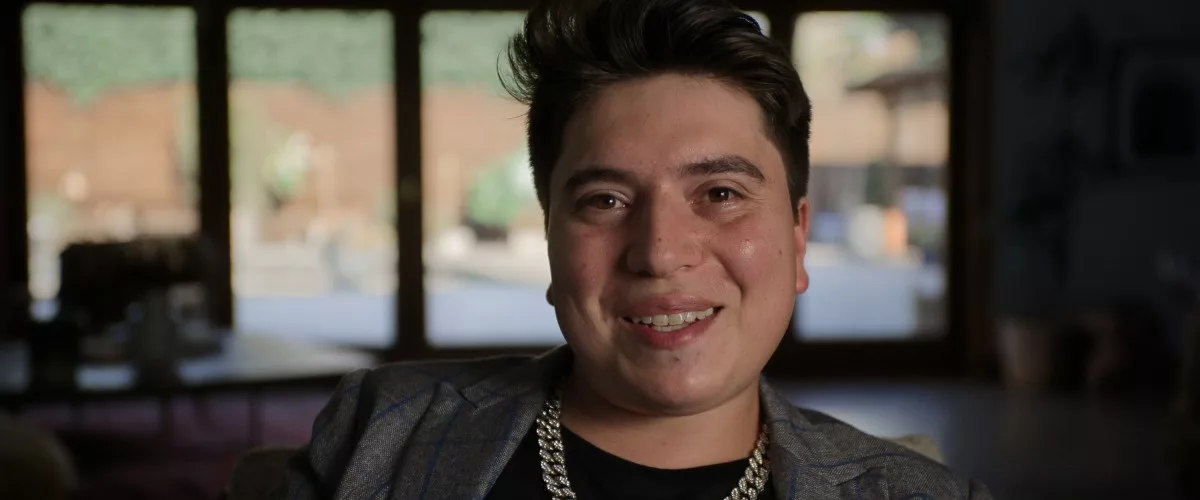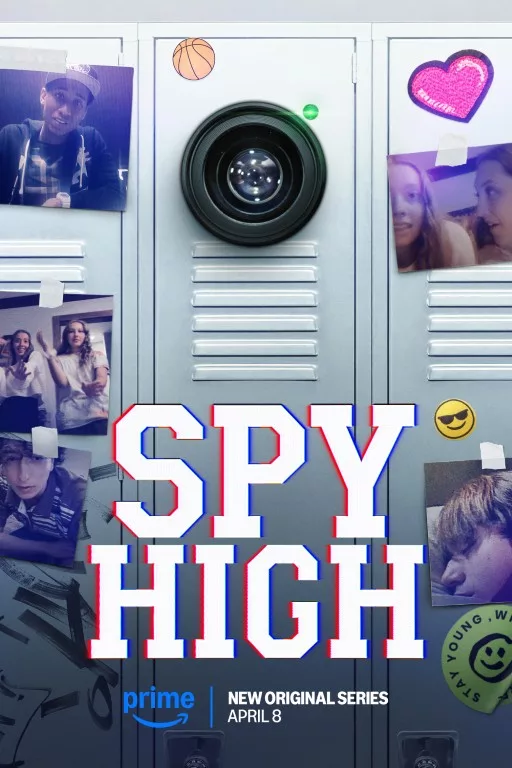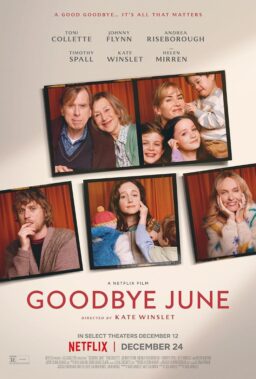It’s easy, both at first glance and throughout Prime Video’s new four-part docuseries “Spy High,” to write off Blake Robbins as a certified twerp. In his talking head interviews, he comes across as a bit of an arrogant dweeb; with his windowpane sport coat, ripped jeans, and giant gold chain, the twentysomething looks like someone put Andrew Tate through a de-aging machine. But the deceptive thrill of director Jody McVeigh-Schultz’s approach to “Spy High” is in playing with the typical sympathy we might feel for a documentary protagonist. And in so doing, make us question to what extent we might find ourselves signing off on the erosion of our rights and privacy just to punish someone we deem unworthy.
You see, back in 2010, Robbins and his parents kicked off a lawsuit against their wealthy, prestigious public school district in suburban Philadelphia off a most unusual charge: that the school was spying on him and other students through the webcams of their school-supplied laptops. How else would the school get a grainy screenshot of Blake holding up a little yellow object in his bedroom, thus making them think he’s dealing drugs? (You’ll guffaw once they reveal what it really is late in the series.)
On the one hand, the Robbins family helped kicked off valuable conversations about the role of technology in school administration, and the lengths capricious faculty members and teachers were willing to go to surveil and punish their more troublesome students. But as the media circus continued, the community grew sick of the lawsuits, and sneered at the Robbins’ ostentatious, outrageous behavior, even making Facebook groups to vent spleen about him with names like “Blake Robbins is full of sh*t”. Everyone’s worried about spying on kids changing in their bedrooms, until the kid is irritating enough or their kooky parents seem like too litigious.
It sounds, and often feels, like the lost season of Netflix’s “American Vandal” we never got. Blake certainly feels like a character ripped right out of that show, all dorky bluster and dry, deadpan comedy: “Where’s all the pictures of me jerking off? I jerked off a lot when I was 15. I’m sure you did too.” He’s innately watchable, even for his smarmy odiousness; even when he’s extending sympathy to other kids involved, it feels strangely self-serving. And indeed, the doc never strays from the straight-ahead, made-for-streaming docuseries sheen (ominous music, copious talking heads over archival footage) that series lampooned so effectively. It’s simple and gets the job done, but doesn’t formally reinvent the wheel.
But McVeigh-Schultz attempts to strike a deft balance between laughing at the outsized characters in the middle of this and the very real cost to children’s lives and privacy that came from these events. He mostly succeeds; there’s an effortlessness to the way he bounces between the standard, talking-head journalism of these kinds of true crime docs and the wry comedy innate to Blake’s mannerisms or his family’s unique quirks.
That said, he knows his characters’ limits, so episode three dedicates itself largely to some more subjectively deserving targets of our sympathy: the Black students who were disproportionately targeted for surveillance. Tragically, we don’t learn as much about kids like Keron Williams or Jalil Hasan as we do Blake; they’re not as theatrically presented or centrally positioned in the scandal. But in their quiet dignity throughout these proceedings, the series at least brushes against the micro-aggressions and subtle racism that Black students feel in an affluent, majority white neighborhood.
But eventually, “Spy High” returns to Blake, and we remember the series is, at its core, a test of our sympathies. We know in the abstract that spying on kids is objectively wrong, but McVeigh-Schultz really asks you to extend that sympathy to, if not the least of us, then at least the most annoying of us. Then again, the fight to preserve our children’s privacy may have already been lost; in one segment, Blake forgets a stat on a Senator he wants to mention and pauses the interview to ask Siri. It’s a grimly funny moment that speaks to how quickly we’ve let computers listen to our every second of life. It’s also “Spy High” in a nutshell.
















